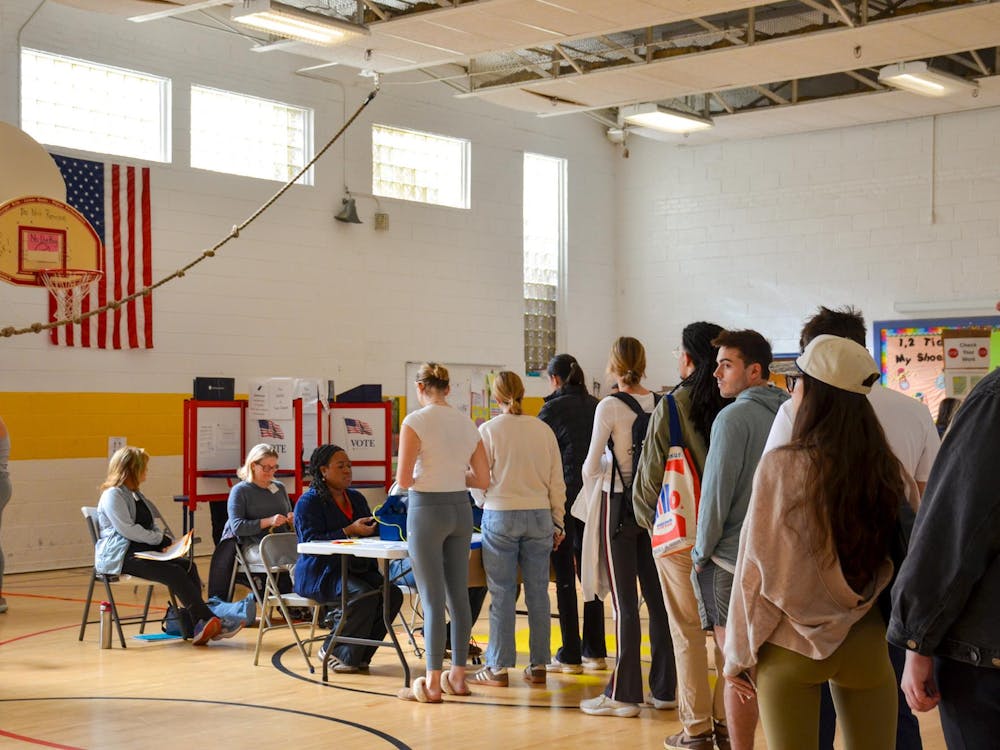Student voters rejected the referendum to create a multiple-sanction honor system, as seventy percent of total voters voted against the referendum, while only 28 percent voted for it.
Hoos Against Single Sanction proposed the initial referendum, which sought to implement a system of less strict sanctions, such as suspension from the University, in conjunction with the current single sanction, in which the only punishment is expulsion. While the current system requires an honor offense to be deemed non-trivial to be punished with expulsion, the referendum would have allowed for trivial cases to be punished with the lesser sanctions.
The referendum also would have allowed a trivial honor offense to proceed to a second trial stage, during which three Honor Committee members, rather than a jury of students, would decide the sanction that would be applied.
“I’m shocked, but I’m very pleasantly surprised,” said fourth-year College student Nadia Islam, president of Students for Honor. She noted that there were strong arguments on both sides and that she did not expect the referendum to be rejected by such a large margin.
Fourth-year College student Bonnie Carlson, a member of Hoos Against Single Sanction, said she was disappointed at the outcome.
“It’s upsetting to me based on the negative campaign the “Vote No” side was running, [which] I think was pretty misleading,” Carlson said.
One criticism of the referendum was that an influx of trivial cases would make it harder to give the needed degree of attention and care to each case, Islam said. She also was “disappointed to see the loss of student self-governance” that she said would occur if the responsibility of giving out lesser sanctions belonged to Honor Committee members instead of a student jury.
Carlson, however, disagreed.
“I think it would be a really positive thing to look at honor cases on an individual basis and have the option to have lesser sanctions for lesser crimes,” Carlson said. “Having a ‘one size fits all’ attitude for honor offenses doesn’t work when obviously not all honor offenses are of the same degree.”
First-year College student Chelsea David said she believes “a lot of students voted against it because they are so used to the single sanction, and a sudden change would disrupt the system” they were used to.
David, who said she voted no on the referendum, noted that — in her opinion — there is not yet a viable alternative to single sanction.
“I guess everyone’s scared of single sanction,” David said. “But if you are smart about it, you shouldn’t have to worry, [as long as] you know you did nothing wrong.”
Third-year College student Seth Goldin, however, said voter rejection of the referendum does not necessarily imply that single sanction is perfect.
“Those who are naive enough to waste their time voting in the elections are the same people naive enough to believe that single sanction works as it is,” Goldin said.
Regardless of one’s stance on the referendum, Islam said she believes the referendum was significant because it may have increased voter turnout at the elections and because it led to a greater interest in the subject of honor at the University.
“The best part about this for me is the increased dialogue on honor,” Islam said.






